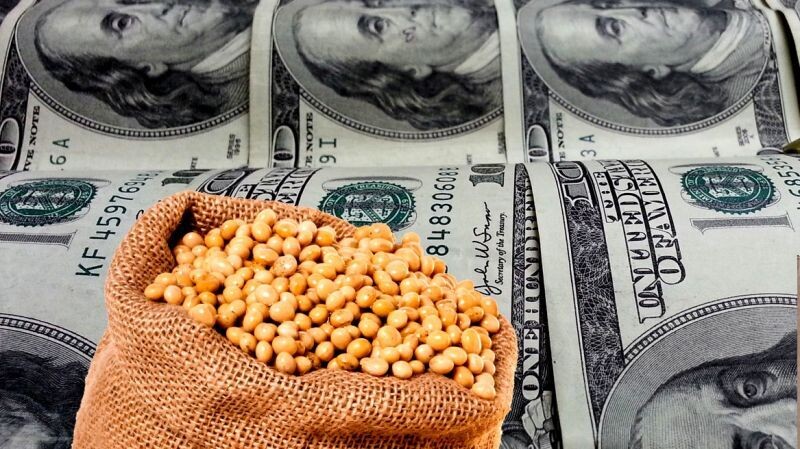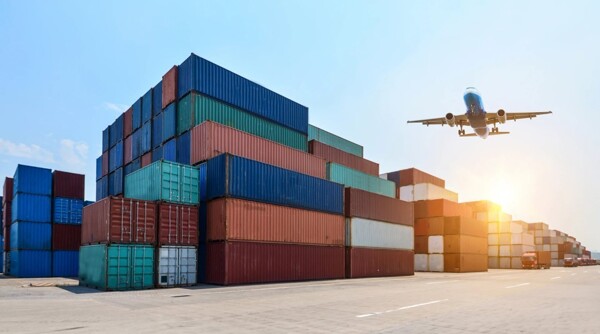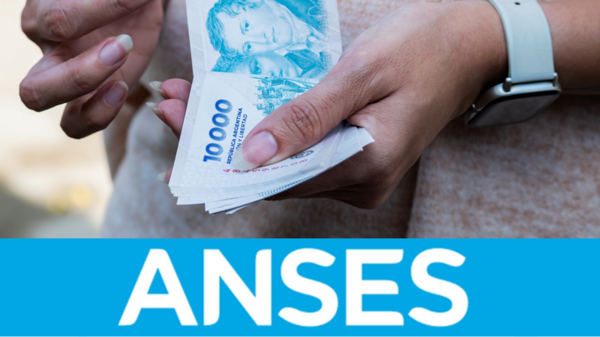
In 2024, Argentina's total exports increased by 19%, reaching $79.7 billion. However, high value-added goods only grew by 1.9%, showing a 15-year stagnation and a dependency on commodities. This increase in exports was mainly due to the recovery of the agricultural sector after a drought and the oil from Vaca Muerta, according to the Quarterly Report on Argentine Exports from the Interdisciplinary Institute of Political Economy of Buenos Aires (UBA-Conicet). On the other hand, differentiated goods exports did not manage to recover the levels of 2022.
The Food sector highlighted an annual increase of $637 million, driven by products such as packaged beef, dairy products, and frozen potatoes. When breaking down exports into knowledge-based services (KBS), tourism, and other services, it can be observed that exported services reached $12.4 billion in the first 9 months of the year, with an increase of 4.9% compared to the previous year. IT services led the growth in KBS, followed by professional and consulting services.
Tourism, on the other hand, registered a 10% decline compared to the third quarter of 2023, due to a lower influx of tourists, mainly from Chile and the United States. This resulted in shorter stays. Economist Federico Bernini points out that the lack of dynamism in diversifying Argentina's export basket is concerning.
Regarding the growth of differentiated goods, this was mainly driven by the Food and Vehicle sectors, with notable demand from Brazil. On the other hand, products such as machinery and chemicals experienced declines. Despite this growth, total exports only increased by $339 million (1.9%) over the year.
Exports of goods are projected to increase by 4.2% in 2025, but those with added value could decrease by 5.1% due to currency appreciation affecting competitiveness against international competitors. Knowledge-based services will continue to be a pillar of growth, while deregulation and trade facilitation measures could mitigate the negative effects of currency appreciation.
The Interdisciplinary Institute of Political Economy sees the need for efforts in marketing, reliability, and quality to improve the insertion of Argentine products in the international market. The lack of productive policies and the primary nature of the export basket increase the country’s vulnerability to global events, limiting its sustainable development. Overall, non-differentiated products saw a considerable increase, while differentiated goods mainly observed growth in Food and Vehicles.














